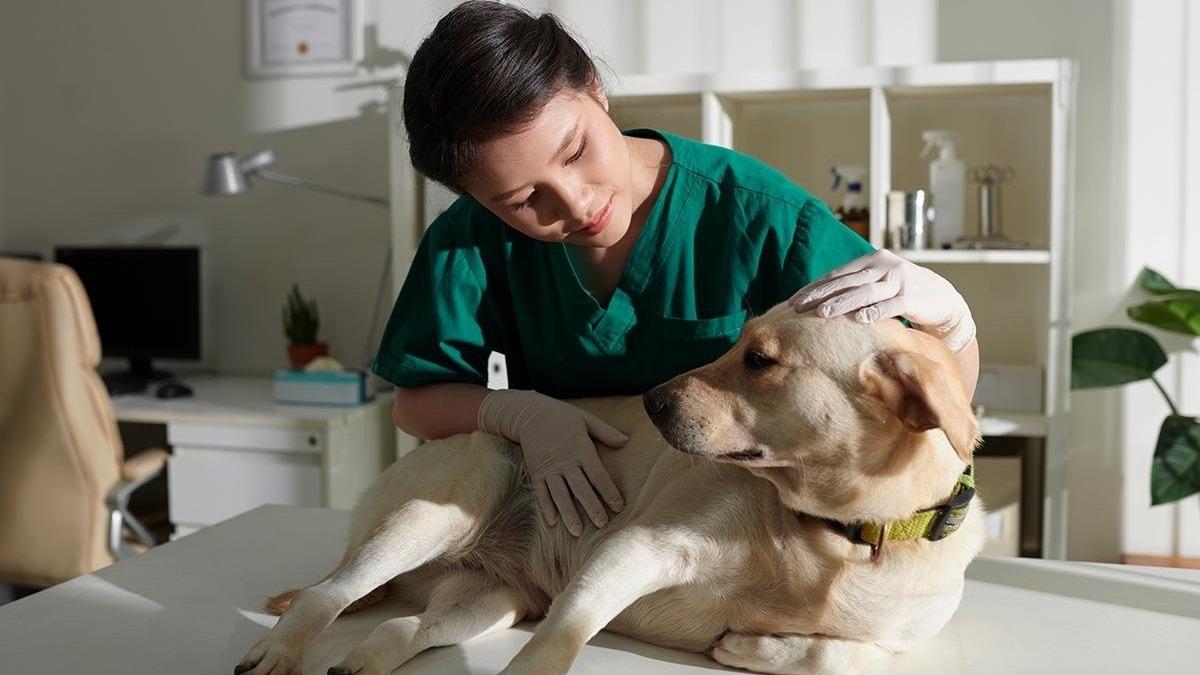As our pets age, their veterinary needs may increase, making it even more important to consider getting pet insurance coverage. In this blog post, we will explore the reasons why getting pet insurance for your senior pet could be a wise decision.
The Importance of Pet Insurance for Mature Pets
Getting pet insurance for your senior pet can be important for several reasons. As pets age, their veterinary needs tend to increase, and having pet insurance coverage can help manage the eligible costs of medical treatments for unexpected accidents and illnesses. It also helps ensure that your senior pet receives the care they need, which is crucial for their health and happiness. Pet insurance can provide invaluable support for the well-being of our beloved furry companions, making it a wise decision to consider for senior pets. Learn more about how much pet insurance is and how to choose the best pet insurance option.
Coverage for Common Health Problems in Senior Pets
Having pet insurance for senior pets is crucial because it can offer coverage for common accidents and illnesses that may arise with age. Illnesses such as arthritis, kidney disease, heart disease, and dental disease, are all more prevalent in older pets. Learn more about what does pet insurance cover. It's important to note that many providers place upper age limits on pets eligible to enroll in certain plans or coverage.
Kidney Disease
Kidney disease is a common health issue in senior pets, particularly in cats and dogs. As pets age, their kidneys can become less efficient at removing waste and filtering toxins from the body. This can lead to a range of symptoms, including increased thirst and urination, loss of appetite, weight loss, and lethargy. Kidney disease in senior pets is a serious condition that requires proper diagnosis and ongoing management.
Regular veterinary check-ups, a balanced diet, and access to specialized treatments are crucial in helping to slow the progression of the disease and maintain the overall health and well-being of senior pets affected by kidney disease.
Arthritis
As pets age, their joints can begin to deteriorate, leading to pain, stiffness, and decreased mobility. Arthritis can greatly impact a pet’s quality of life, making it difficult for them to perform everyday activities such as walking, jumping, and even getting up from a lying position.
Treatments such as pain medication, joint supplements, and physical therapy can help manage the symptoms and improve the overall comfort of senior pets affected by arthritis.
Financial Security in Case of Unexpected Illness or Injury
Pet insurance can provide pet parents with financial security in case of emergencies or unexpected illnesses. Unexpected veterinary bills can add up quickly and become a burden for pet parents. A pet insurance policy can help ensure that your senior pet can receive the care they need with less of the financial burden. This can help pet parents to focus on caring for their pet, rather than the cost of the treatment that they need. Know more about pre-existing conditions in pet insurance.
Access to Specialized Treatments and Therapies
Depending on the policy, pet insurance for senior pets can help policyholders afford specialized treatments and therapy options for covered conditions that are essential for their health and well-being. With pet insurance, pet parents may have coverage for specialized treatments and alternative therapies for eligible conditions, such as physical therapy for arthritis or chemotherapy for cancer. This insurance coverage helps ensure that senior pets can receive the necessary care to help improve their quality of life and manage their health conditions effectively. Learn more about how does pet insurance work.
Peace of Mind for Pet Owners
Pet insurance can greatly increase peace of mind for pet parents with senior pets. As our furry friends age, they may require more medical attention and specialized care. Knowing that their pet is covered by insurance can help give pet parents the assurance that they can provide the necessary treatments and therapies with less financial burden. This can help pet parents to focus on the well-being of their senior pet, knowing that they have the support they need to keep them healthy and happy, allowing them to enjoy their time with their beloved furry companions. Know more about whether I should get pet insurance.
Conclusion
In conclusion, pet parents should strongly consider getting pet insurance for their senior pets. As our furry companions age, their medical needs often increase, and having insurance coverage can help ensure they can receive the necessary care. Not only can pet insurance provide coverage for specialized treatments and therapies for unexpected accidents and illnesses, but it can also help relieve pet parents from financial burdens from unexpected veterinary bills. By having pet insurance, you can have help providing your senior pet with the best possible care with less financial constraints, helping to ensure their health and happiness in their golden years.

Elizabeth Kowalski holds a bachelor’s degree in biology from the University of Illinois and an associate’s degree in veterinary technology from Purdue University. After more than 10 years working as a certified veterinary technician, she chose to pursue veterinary writing, combining years of practical knowledge with a talent and passion for the written word. Elizabeth enjoys creating content for pet owners and veterinary professionals alike, and spends her free time playing sand volleyball and lounging at home with her pitbull, Piglet, and husband, Brenton.

Angela Beal is a veterinarian who loves using her writing to help pet owners provide the best possible care for their furry companions. Since 2020, she has worked full-time with Rumpus Writing and Editing, a veterinary-specific writing and editing company .Learn more at rumpuswriting.com.











